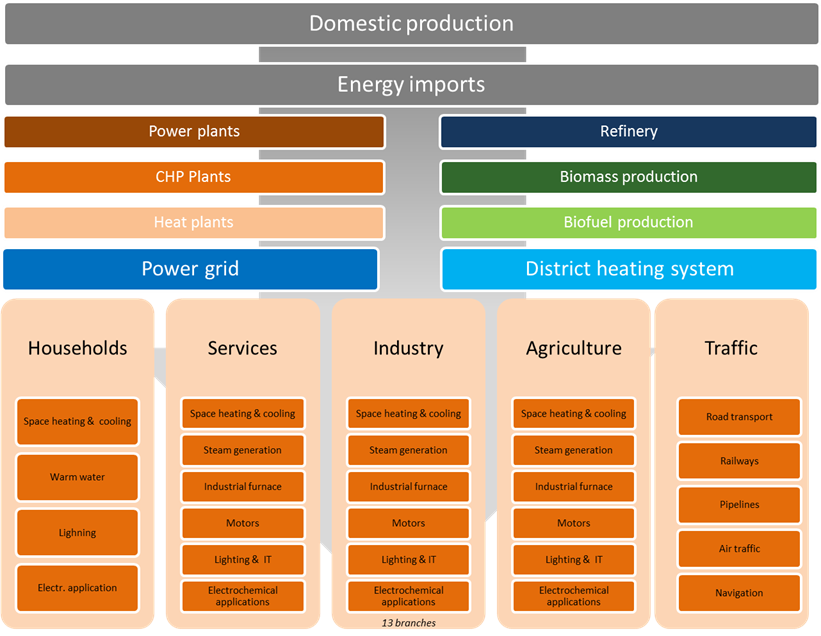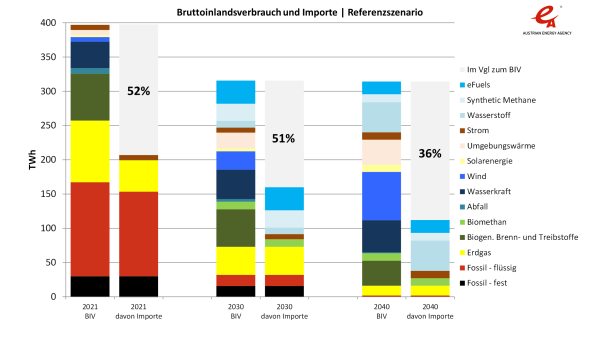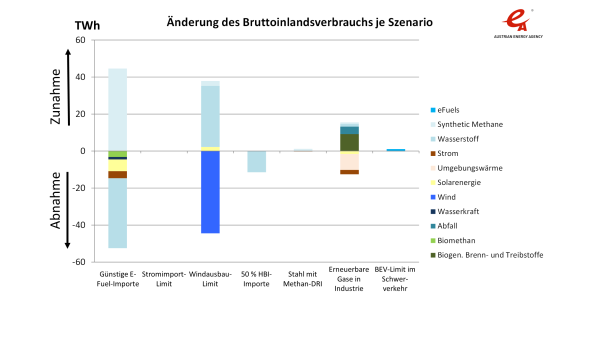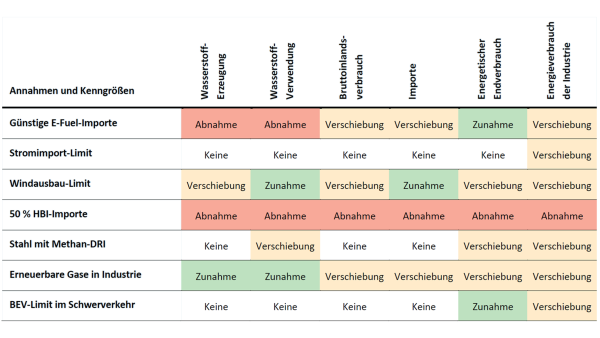IEA Hydrogen Task 41: Analysis and Modelling of Hydrogen Technologies
Short Description
Hydrogen offers great potential for a decarbonized economy, but currently only occupies a marginal position in the global energy system. The effective integration of hydrogen technologies into the existing energy supply system also requires an expansion of current models and studies. There is a global lack of (energy) models that can demonstrate the possibility of hydrogen in a variety of conversion chains and applications. Hydrogen will be in competition with other secondary energy sources, and some sectors will also find themselves competing for the use of hydrogen. The production of hydrogen must also be considered in the complex context of the entire market-based environment.
Task 41 of the IEA Hydrogen TCP focused on the current representation of hydrogen and its utilization pathways in various models and approaches to improve them. Various levels of modelling were considered, from the choice of the appropriate modelling approach to the structural representation of hydrogen use chains in existing models and the data required for this.
The versatility of hydrogen requires special aspects in models, such as a system-wide view, flexibility in the electricity sector, a high temporal resolution and consideration of consumer behaviour. No single model can depict all relevant aspects; the interlinking of different models is necessary for a holistic answer. There are currently gaps in the coverage of relevant aspects, with limited coverage of environmental impacts, innovation cycles, market design and policy measures. The level of detail in the modelling of hydrogen technologies also varies greatly from model to model.
In addition to the appropriate choice of models and the structural consideration in these, comparable and reliable scenarios also require the selection of specific technical and economic data with which the technologies of the hydrogen value chain are mapped. This can be improved by setting up a structured database and defining quality criteria.
The results of scenarios for Austria show that hydrogen and derived derivatives can play a significant role in the decarbonization of industry and parts of mobility. The total demand for climate-neutral gases is of the same order of magnitude as the current demand for natural gas. The effects of variations in key assumptions show the importance of taking a holistic view of hydrogen in an overall system.
Life cycle analyses (LCSA) enable a deeper understanding of hydrogen technology and assess its contribution to sustainability. The establishment of a centralized LCSA database and the development of various scenarios can further support this assessment.
Project Images
Terms of use: The pictures listed underneath the header “Project Pictures” originate from the projects in the frame of the programmes City of Tomorrow, Building of Tomorrow and the IEA Research Cooperation. They may be used credited for non-commercial purposes under the Creative Commons License Attribution-NonCommercial (CC BY-NC).
Participants
Argentina, Australia (Lead), Austria, Belgium, Canada, European Commission, Finland, France, Germany, Italy, Japan, Netherlands, New Zealand, Norway (Lead), Portugal, Spain, Switzerland, United Kingdom.
Contact Address
Österreichische Energieagentur
Dr. Martin Baumann
Mariahilfer Straße 136
1150 Wien
Tel.: +43 (0)1 586 15 24-167
Mobil: +43 (0)664 810 78 94
E-Mail: martin.baumann@energyagency.at




